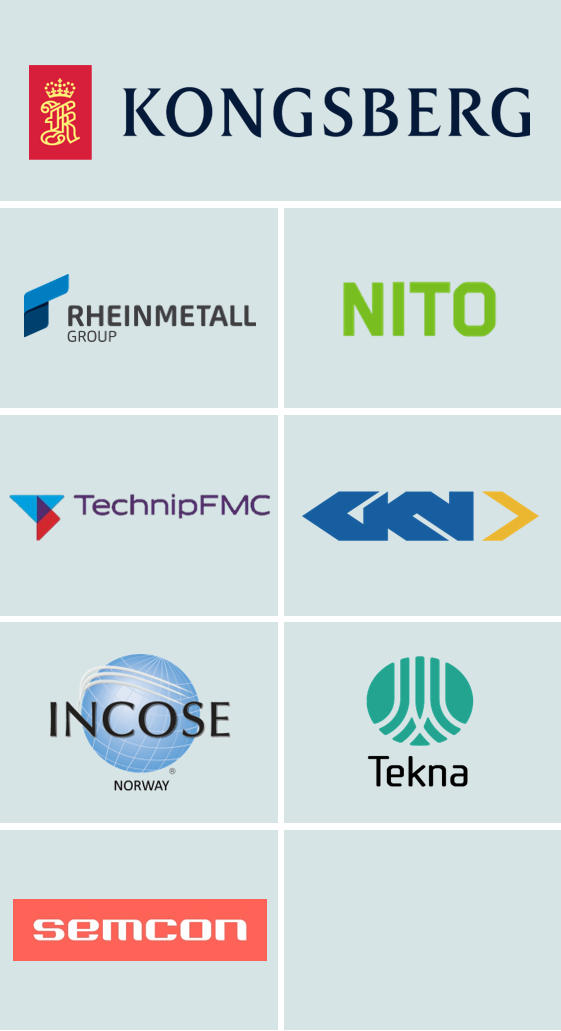The presentation will point out some of the sustainability challenges business are facing in the context of globalization. Corporate Social Responsibility (CSR) is often defined as the business’ answer to environmental, economic and social challenges – the triple bottom line challenges. With the corporate focus changing from the traditional site-based concerns to a concern for the entire value chain of products and services there is a need to apply new methodologies and standards. Input-output analyses and environmental management standards have been in use for some years and businesses are becoming familiar with these tools. Waste management systems and energy saving programs are examples of these. However, when the business responsibilities widen to larger systems involving different actors along the product value chain, businesses are meeting new challenges regarding the way they are able to communicate their performance, both on the managerial level and about their products and services. A further challenge is how to communicate this downstream and at the same time require the same information from upstream sources. Tools for life cycle evaluation and guidelines on sustainability reporting and product declarations are already available and in use in larger companies. Smaller companies are still struggling with how to find the best ways for communicating their performances relative to the triple bottom line.
The presentation will demonstrate how systems engineering can be used as an approach to gather the needed information for this communication. It will further illustrate how companies can use systems engineering as an approach to identify their CSR-challenges, to address their CSR-aspects as part of their management systems, to include CSR in goals and plans, and how to use systems engineering to improve their CSR-strategies.
Annik Magerholm Fet, PhD, Professor NTNU
